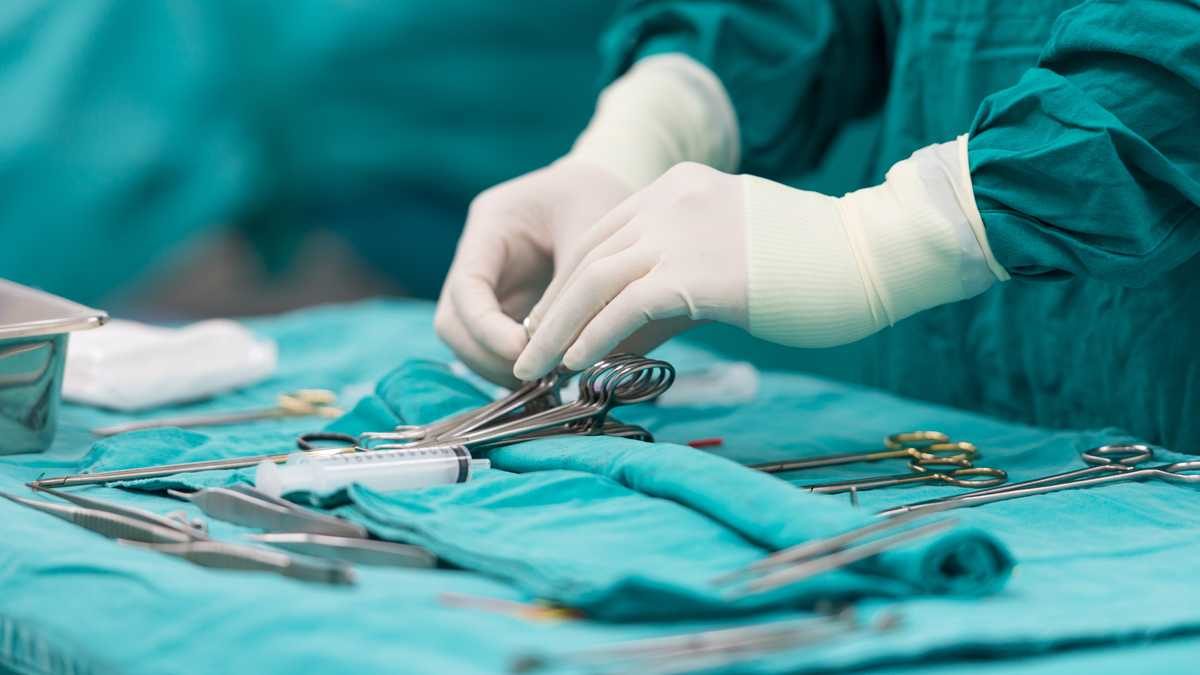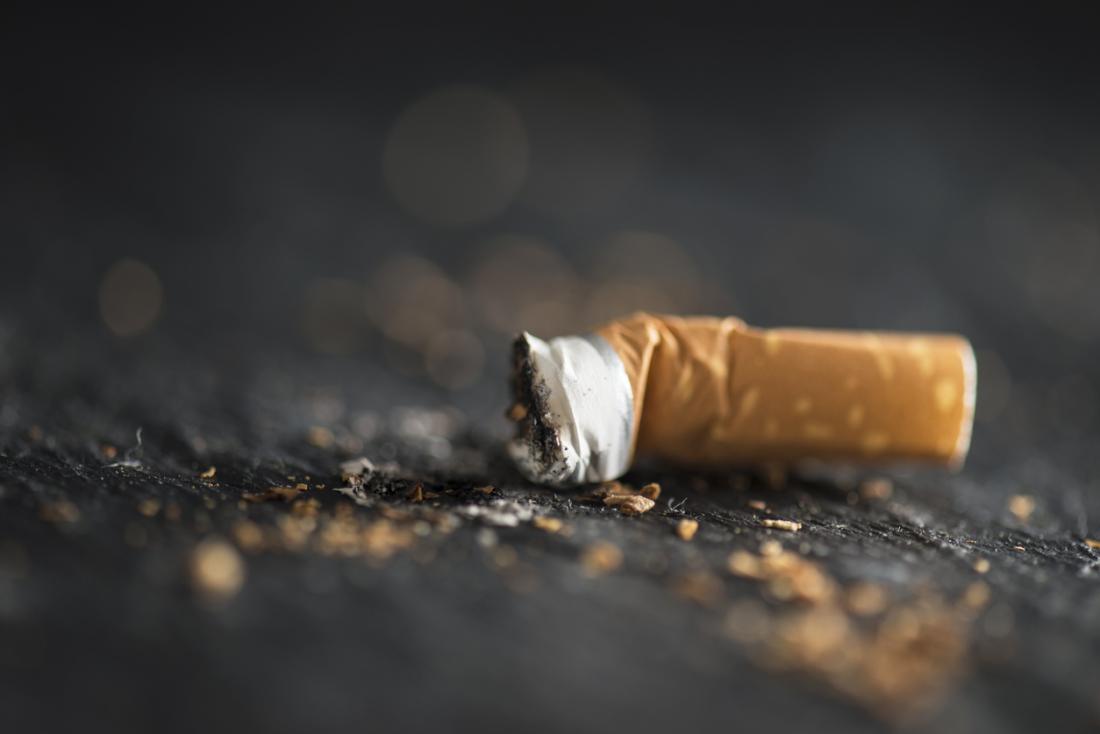5 Ways to Avoid Dangerous Infections After Your Heart Surgery
Infection of any surgical wound is definitely a serious thing to take care of, after a heart surgery in particular. Such an infection after a heart surgery, could be a life threatening.Study says that Surgical Site Infections (SSIs) were the most common healthcare associated infection accounting for 31%.
There are things that doctor will help you to decrease the risk post heart operations. But there are also certain steps, that you can take to help yourself especially if you are overweight or have diabetes.
Take antibiotics
An hour prior to your surgery, doctor will give you a preventive antibiotic. In fact, you will receive antibiotics even after the surgery (within one hour). And for this reason, you are less likely to get a wound infection.
In addition, you will also get another injection about 24 hours after your surgery.
Remove hair
While preparing for a surgery, your medical team will remove the hair from your body where the surgeon will make a skin incision. Timing is much important here. The hair should be removed right before the surgery takes place. If they remove hair too far in advance, you can develop infections in the small cuts.
As per experts, clippers are generally better and safer than razors.
Loose weight (if needed)
IF you are overweight, you are at a greater risk of developing an infection. So it is highly recommended to loose some weight if time allows before surgery. Take this time to eat healthier and focusing on weight loose exercise.
Monitor your blood sugar
If you are a diabetic person, you might want to get your blood sugar under control as much as possible. The better controlled blood sugars are before surgery, lesser the chance of developing a surgical wound infection. Consult your doctor if your blood sugars are consistently above 250.
Take care of your wound
Of course the medical team will teach you on how to take care of your surgical wound. Be sure to understand them well, and ask them if you don’t. Whether you have a large incisions or a minimally invasive smaller incision, be much careful these sites.
Be extra sure that your hands are clean when you check your wounds. Always follow the doctor’s instruction for bathing and showering as well.
Never hesitate to call your doctor for any questions.



Recent Comments